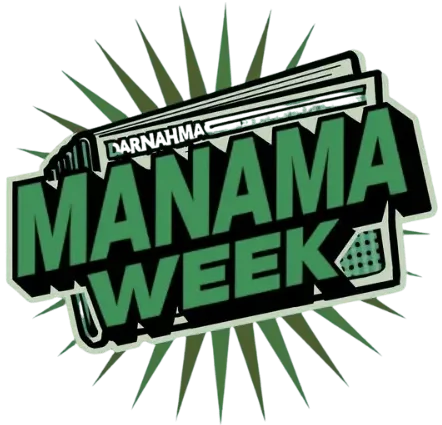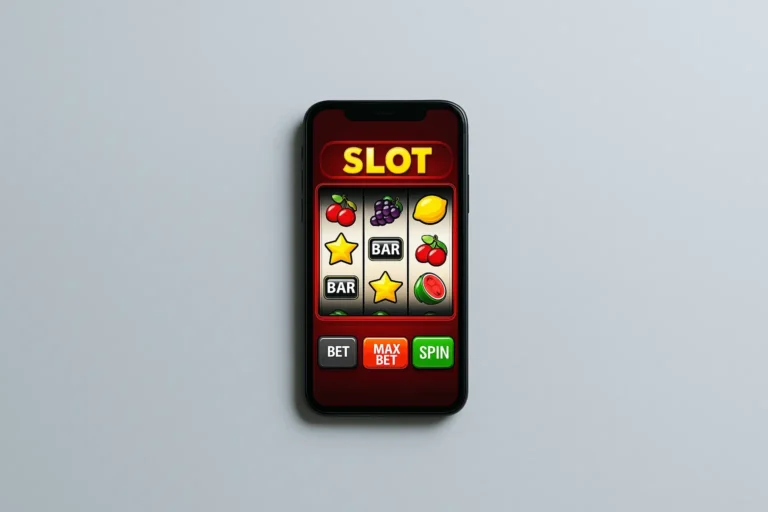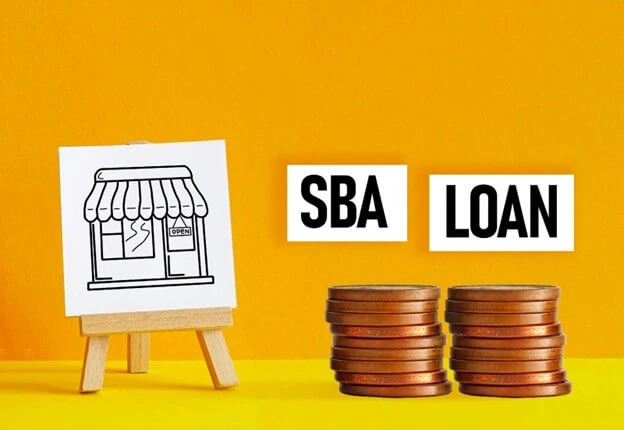
The vocabulary used to describe gambling activities has undergone a remarkable transformation over the past century, reflecting broader cultural shifts and technological advancements. What once were universally known as fruit machines or one-armed bandits now carry a diverse array of names that vary by region, platform, and marketing strategy. This linguistic evolution reveals much about changing societal attitudes toward gambling, the industry’s efforts to rebrand itself, and the influence of digital technology on traditional entertainment forms. Examining these terminology shifts provides insight into how language shapes perception and how the gambling sector has strategically repositioned itself within mainstream culture across Canada and internationally.
The Era of Fruit Machines and One-Armed Bandits
Early gambling devices earned their colourful nicknames from distinctive physical characteristics that defined the player experience. These terms emerged organically from the machines themselves and the cultural context surrounding their use in pubs, arcades, and early casinos.
Origins of Early Terminology
The term “fruit machine” originated from the symbol sets displayed on mechanical reels, which frequently featured cherries, lemons, oranges, plums, and watermelons. These fruit symbols served a practical purpose during prohibition-era restrictions, disguising gambling devices as vending machines that dispensed fruit-flavoured chewing gum as prizes. The phrase “one-armed bandit” referred to the mechanical lever players pulled to spin the reels, combined with the machines’ reputation for taking players’ money. This terminology painted these devices as somewhat mischievous adversaries, acknowledging their entertainment value while recognizing their profit-driven design.
Regional Variations in Naming Conventions
Different English-speaking regions developed their own preferred terminology for these mechanical gambling devices. British culture firmly embraced “fruit machines,” a term still widely used in the United Kingdom today. North American audiences primarily adopted “slot machines” or simply “slots,” referencing the coin slots where players inserted their wagers. Australians developed their own unique term, “pokies,” derived from “poker machines,” despite most devices bearing little resemblance to actual poker. These regional linguistic preferences persist even as the industry globalizes, demonstrating how deeply embedded cultural terminology can resist standardization.
Transition to “Slots” Terminology
The digital revolution fundamentally altered both the mechanics and the language of gambling devices. As technology eliminated physical reels and mechanical levers, the terminology began shifting toward terms that better reflected the electronic nature of modern machines. The word “slots” gained dominance across North America and gradually spread internationally as the most common descriptor for these gaming products. Platforms like MrBet casino online demonstrate how contemporary operators embrace this standardized terminology when offering digital casino games and betting options to players, creating consistency across their online gambling platforms while maintaining accessibility for international audiences familiar with the term. This linguistic consolidation simplified marketing efforts and created a more unified global vocabulary for an industry increasingly operating across borders through internet-based platforms.
The Modern Shift Toward “Games”
Recent years have witnessed another significant linguistic evolution as the industry increasingly adopts the neutral term “games” to describe what were previously called slots or fruit machines. This shift represents deliberate strategic positioning rather than organic linguistic change.
Reasons Behind the Linguistic Evolution
The move toward “games” terminology serves multiple purposes for gambling operators and regulators alike. Removing machine-specific language helps distance modern digital offerings from the mechanical devices that carried stronger gambling associations and potential negative connotations. The word “games” carries lighter, more entertainment-focused implications, emphasizing recreation over risk-taking. This reframing aligns with broader industry efforts to position gambling as mainstream entertainment comparable to other leisure activities like cinema, concerts, or video gaming.
Marketing and Perception Management
The terminology shift reflects a sophisticated understanding of how language influences consumer psychology and behaviour. Calling these products “games” rather than “gambling machines” or “slots” makes them psychologically more approachable for casual participants who might feel uncomfortable with explicit gambling terminology. This linguistic softening supports efforts to expand market reach beyond traditional gambling enthusiasts to broader entertainment-seeking audiences.
Several interconnected factors have driven this terminology transformation:
- Desire to reduce stigma associated with traditional gambling language and imagery
- Efforts to appeal to younger demographics familiar with video games and mobile apps
- Regulatory pressures in some jurisdictions to use less provocative terminology in advertising
- Integration of gamification elements that blur boundaries between gambling and gaming
- Need for unified terminology across increasingly diverse product offerings and platforms
- Strategic positioning of gambling as entertainment rather than a risk-based activity
Industry-Wide Language Transformation
The vocabulary evolution extends beyond individual machine names to encompass broader industry terminology. Operators now frequently describe their offerings as “entertainment experiences” or “gaming content” rather than gambling products. The physical locations housing these activities have similarly evolved linguistically, with “gaming lounges” and “entertainment venues” replacing traditional “casino” terminology in some contexts.
Modern digital platforms offering slots MrBet, and similar casino entertainment demonstrate this linguistic evolution, presenting their slot machine collections and betting entertainment as curated game libraries rather than gambling catalogues, reflecting the industry-wide shift toward entertainment-focused vocabulary that resonates with contemporary players seeking diverse gaming experiences. This comprehensive language transformation affects everything from product descriptions to employee titles, with “gaming hosts” replacing “casino attendants” and “player development managers” superseding “gambling promoters.”
The following table illustrates how terminology has evolved across different eras:
| Era | Common Terms | Typical Context | Cultural Associations |
| 1900s-1960s | Fruit machines, one-armed bandits | Pubs, arcades, early casinos | Novelty, mechanical entertainment |
| 1970s-1990s | Slot machines, slots, video poker | Casinos, gambling halls | Risk-taking, casino culture |
| 2000s-2010s | Slots, electronic gaming machines | Casinos, online platforms | Digital entertainment, convenience |
| 2010s-Present | Games, gaming content, entertainment | Online platforms, integrated resorts | Mainstream entertainment, social activity |
Cultural Implications of Language Shifts
Terminology changes reflect and reinforce evolving societal attitudes toward gambling activities. The linguistic softening from “gambling machines” to “games” mirrors broader cultural normalization of betting activities as acceptable leisure pursuits. Regulatory bodies have influenced this evolution in some jurisdictions by establishing terminology requirements for advertising and promotional materials. In Canada, where provincial regulations govern gambling operations differently across regions, terminology preferences vary somewhat by jurisdiction, though the general trend toward softer language remains consistent. Consumer perception research demonstrates that terminology significantly impacts how potential participants view these activities, with neutral language reducing psychological barriers to entry while potentially obscuring the financial risks inherent in gambling.
The Future of Gambling Vocabulary
Emerging terminology suggests continued linguistic evolution as technology further transforms gambling experiences. Terms like “social gaming,” “iGaming,” and “interactive entertainment” increasingly appear in industry communications, further distancing modern offerings from traditional gambling associations. The convergence of gambling with video gaming culture introduces hybrid terminology like “loot boxes,” “gacha,” and “play-to-earn,” blurring definitional boundaries and creating new linguistic challenges for regulators and operators. Younger demographics who grew up with video games and mobile apps respond differently to gambling terminology than previous generations, driving operators to adopt language that resonates with these digital natives.
As virtual reality and augmented reality technologies enter gambling spaces, an entirely new vocabulary will likely emerge to describe these immersive experiences. The ongoing linguistic evolution reflects the industry’s continuous adaptation to changing cultural norms, technological capabilities, and consumer preferences, demonstrating how language serves as both a mirror and a mechanism for broader societal transformations in attitudes toward risk-based entertainment.







